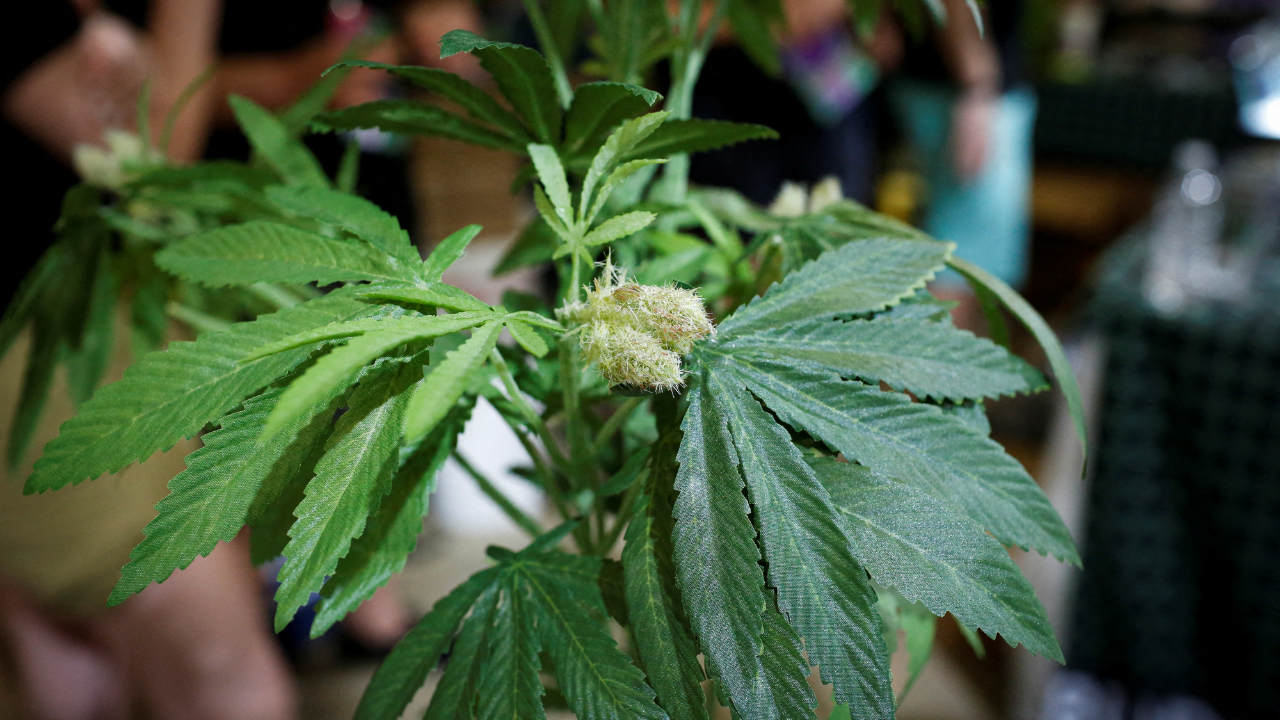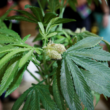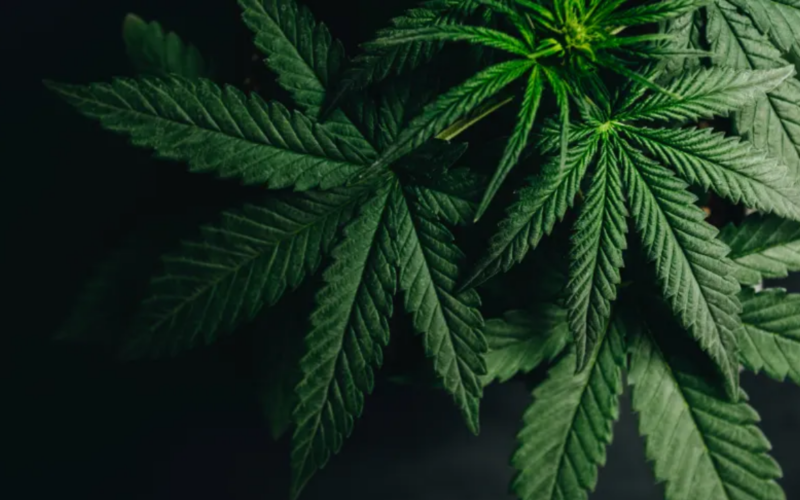Since we will be taking a week off between Christmas and New Year’s, please accept this as my final newsletter on the cannabis and psychedelics sectors in 2022. In this week’s article, I examine a topic that will undoubtedly be crucial next year.
Rock-Bottom Weed?
The ever-decreasing price of Marijuana is becoming an increasingly serious issue for the market. If you think that the cannabis industry’s main hurdle heading into 2023 is going to be dealing with the regulatory framework, you should look at the price of raw marijuana flowers. The black market is putting pressure on legal retailers to keep prices low, which is making it difficult for producers to strike the correct supply-demand balance.
This has led to a decline in retail and wholesale prices. In today’s business world, there are a lot of challenges. Pricing is the most fundamental issue,” said Rick Maturo, director of insights and intelligence for cannabis research firm BDSA, in a webinar last week.
According to BDSA, the retail price of a gram of marijuana fell 13% from $10.83 in the third quarter of 2022 to $9.43 in the same time a year later, the largest decline ever witnessed for Marijuana in a 12-month period. As the BDSA data reveals, wholesale prices fell even further. This was notably true in “mature” regions that had had legal programs for longer.
Since the end of the 2020 fiscal year, the average cost per pound in Colorado has dropped by 51%. It has decreased by 36 percent in Oregon. Maturo explains that the price drops are a fallout of the period of rapid expansion during Covid-19 lockdowns.
While the business may have counted on people who started or increased their usage during the epidemic to keep it up, many of these users stopped when the outbreak ended, leading to an abundance of unprocessed cannabis. However, he stressed that the biggest worry is competition from the underground market.
Lower costs have simply resulted in tighter margins for the industry rather than enticing new purchasers in several jurisdictions where marijuana has been legal for the longest. BDSA predicts a slow 1% CAGR from 2022-2026 in Colorado and 2% in Oregon. For example, recent recreational marijuana legalization in states like New Jersey and Missouri is predicted to lead to increases of 35% and 37%, respectively.
Maturo has predicted that the difficulty will persist through the year 2023. Although there have been areas of increased consumer spending, it has not been enough to counteract the effect of dropping prices, reducing the effectiveness of discounts and special offers. He made a specific reference to the states of Colorado and Florida, where a decrease in pricing has not resulted in a corresponding rise in demand.

Added together, it amounts to a decline in sales in several markets relative to the same period last year. Companies that participated in the BDSA call discussed their responses, with several noting that they are taking a store-by-store approach and delving deeply into their pricing and merchandising strategy. According to Patricia Rosi, CMO of Acreage Holdings, “it’s losing its novelty appeal.” Our world is becoming increasingly commodified.
Number of The Week
As the state of New York readies itself for legal merchants, law enforcement authorities have estimated that the entire worth of cannabis goods seized in the city is $4 million.
Quote of the week
In announcing record recreational sales of $116.6 million in the third quarter on December 16, the state’s Cannabis Regulatory Commission executive director, Jeff Brown, remarked, “New Jersey is merely seeing the beginning of what is possible for cannabis.”

What You Need to Know
- Bloomberg Law reported on December 16 that acquiring marijuana in New York City is easier than ever before in advance of legal sales, providing further evidence of the downward pressure on weed pricing.
- According to those in the know, the cannabis producer Ianthus Capital Holdings is in talks with a financial advisor about a possible sale.
- The Bhumjaithai party in Thailand, which is most well-known for its policy of decriminalizing cannabis, recently welcomed hundreds of parliamentarians from other parties as new members, strengthening its position as a potential kingmaker in the upcoming election.
- One of the largest scandals in the history of the Canadian marijuana industry is likely over after prosecutors announced that there is no reasonable likelihood of prosecuting three ex-executives of CannTrust Holdings on fraud and other counts.
- While further studies are needed, it appears that a combination of policies and public health efforts has contributed to the drop in teen drinking.
- Lisa Jarvis of Bloomberg Opinion argues that the same level of effort should be put into preventing cannabis usage among young people and that this should happen as soon as possible.
- Ketamine has been designated as an orphan medicine, as reported by PharmaTher Holdings.








